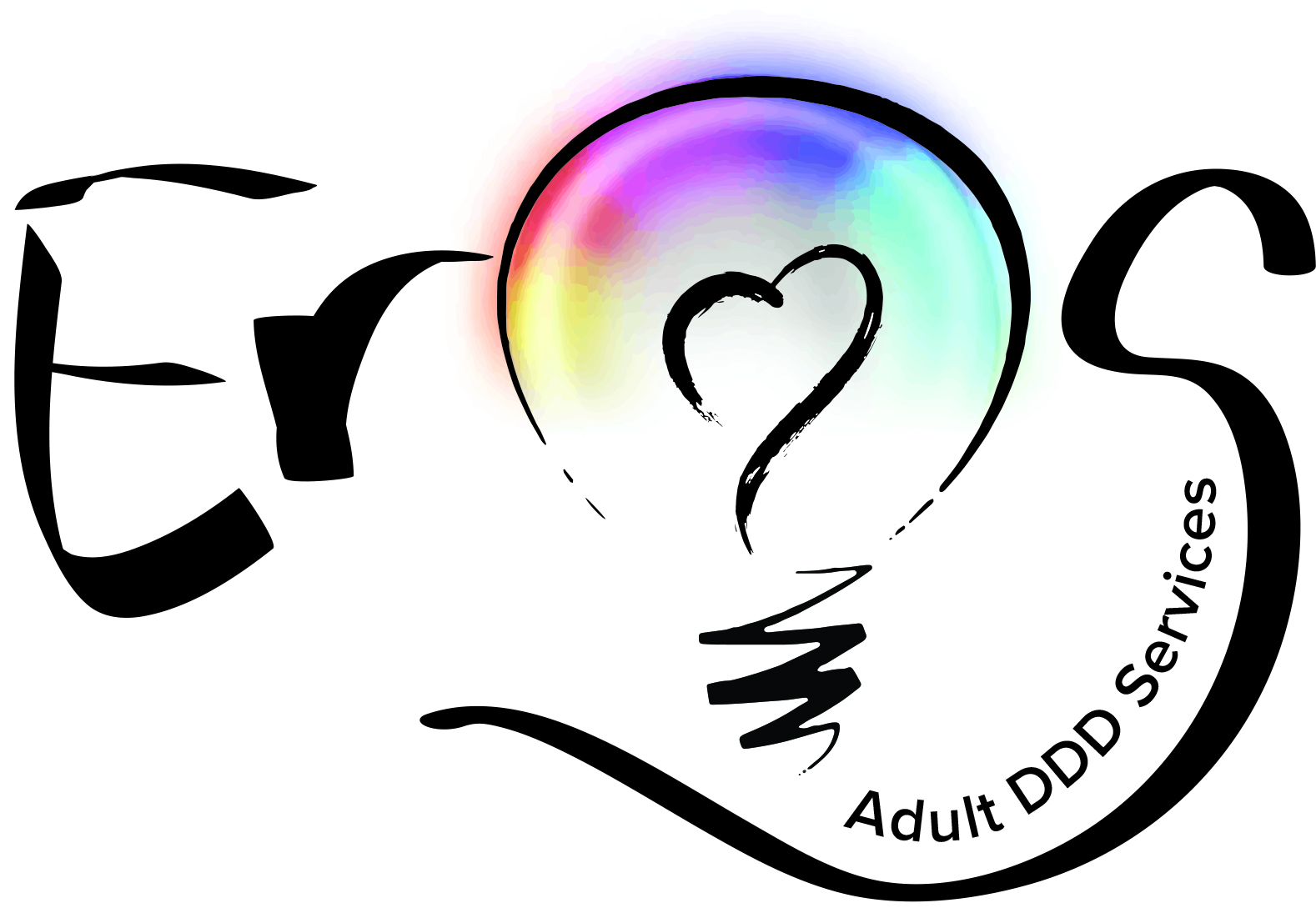Prevocational Training
Services that provide learning and work experiences, including volunteer work, where the individual can develop general, non-job-task-specific strengths and skills that contribute to employability in paid employment in integrated community settings. Services may include training in effective communication with supervisors, co-workers and customers; generally accepted community workplace conduct and dress; ability to follow directions; ability to attend to tasks; workplace problem solving skills and strategies; and general workplace safety and mobility training. Prevocational Training is intended to be a service that participants receive over a defined period of time and with specific outcomes to be achieved in preparation for securing competitive, integrated employment in the community for which an individual is compensated at or above the minimum wage, but not less than the customary wage and level of benefits paid by the employer for the same or similar work performed by individuals without disabilities. Prevocational Training services cannot be delivered within a sheltered workshop. Supports are delivered in a face-to-face setting, either one-on-one with the participant or in a group of two to eight participants.
Program (4)
Academic and Life Skills Coaching is supported by Community Care Program Services (CCP)
Academic and Life Skills Coaching
Special needs academic coaching is a unique educational niche that came about with the introduction of the Education for All Handicapped Children Act (EAHCA) of 1975. This was a groundbreaking act of humanity, as it recognized that all children, regardless of handicap, deserved access to a free appropriate public education (FAPE).
In 2004, EAHCA was renamed the Individuals with Disabilities Education Act (IDEA). This helped to open the door for other disabilities to come through, which brought with it a better, open and more honest conversation about the mental health of Americans. This led to professional psychologists working more closely with the school system, and special education services being elevated to a professional career choice.
IDEA brought to education some new definitions and concepts, and those are still in place over a decade later. It helped to redefine what special education entailed for special needs, and created stricter requirements for those that truly needed a special education environment. Special needs academic coaching soon cropped up as a way to handle everyday educational needs outside of the traditional educational system. EROS Services LLC believes that learning doesn’t automatically stop after high school graduation. Having a Division of Developmental Disabilities (DDD) agency in the Maplewood and Union, New Jersey area that supports continued education, will prepare individuals to be life-long learners, employable citizens, and real-life choices of those individuals within their community.
Program (5)
Academic Supports is supported by Community Care Program Services (CCP)
Academic Supports
Our academic coaches are carefully selected and have specialties based on the subject areas required. EROS Services, LLC academic coaching specializes in serving adults one-on-one. We will provide academic coaching in the following areas.
EROS Services, LLC components:
- academic assistance,
- a social and emotional enrichment component, and
- a family engagement component for the family members of participating adults
Adult one-on-one academic coaching services
- Study & Writing Skills
- English Language Arts
- Math
- Foreign Language
- Technology
Subjects include:
English
- Reading
- Reading Comprehension
- Spelling
- Writing
- Phonics
- Grammar
Math
- Basic Math Concepts
- Algebra
- Geometry
- Calculus
Foreign Languages
- Spanish
Technology
- Basic Computer Skills
Families of participating adults will have the opportunity to actively engage in the participant’s education as well as gain related opportunities for literacy development and other educational related services.
Program academic activities include:
- Remedial education activities and academic enrichment learning programs, including additional assistance to improve academic achievement;
- English language arts and mathematics education activities;
- Telecommunications and technology education;
- Parental involvement and family literacy;
Our Facilities
Form real friendships within a non-judgmental
environment
Newsletter Stay tuned for Updates


